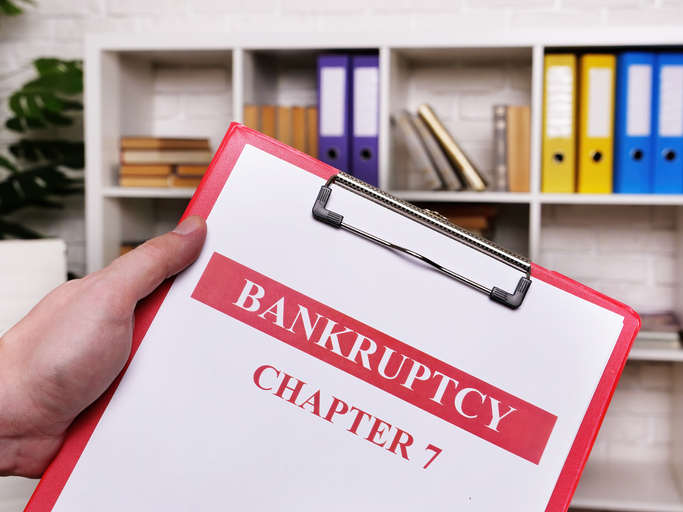
Filing for bankruptcy can effectively stop creditor harassment due to a powerful legal mechanism known as the “automatic stay.” The automatic stay is an immediate injunction that halts most collection efforts, lawsuits, and harassment by creditors against the debtor the moment a bankruptcy petition is filed. Here’s how it works to protect you from creditor harassment:
Immediate Effect of the Automatic Stay
- Halting Collection Calls and Letters: Once you file for bankruptcy, creditors are prohibited from contacting you to demand payment. This means no more harassing phone calls, letters, or emails about your debts.
- Stopping Lawsuits: If a creditor has sued you over a debt, the automatic stay will stop the lawsuit in its tracks. This includes lawsuits for unsecured debts like credit card debt, medical bills, and personal loans.
- Preventing Repossession and Foreclosure: Creditors must also stop any efforts to repossess your property or foreclose on your home once you file for bankruptcy. This gives you breathing room to address these debts either through the bankruptcy process itself or by negotiating new terms.
Duration of the Automatic Stay
The automatic stay remains in effect for the duration of the bankruptcy process. In a Chapter 7 bankruptcy, this typically lasts a few months until the debts are discharged. In a Chapter 13 bankruptcy, the stay lasts throughout the 3-5 year repayment plan period, provided you comply with the plan’s terms.
Exceptions to the Automatic Stay
There are a few exceptions to the automatic stay where certain types of collection actions can continue, including:
- Child Support and Alimony: Collection actions for child support and alimony are not stopped by the automatic stay.
- Certain Tax Proceedings: The IRS can still audit you, issue tax deficiency notices, demand tax returns, and assess taxes and penalties. However, they cannot seize your property or garnish your wages for taxes owed without getting permission from the bankruptcy court.
- Criminal Proceedings: Actions related to criminal proceedings, including fines and restitution, are not halted by the automatic stay.
What to Do if a Creditor Violates the Automatic Stay
If a creditor continues to harass you after you’ve filed for bankruptcy, they may be in violation of the automatic stay. You should:
- Inform the Creditor: Notify the creditor of your bankruptcy filing and the automatic stay. Often, this is enough to stop further collection attempts.
- Contact Your Bankruptcy Attorney: If the harassment doesn’t stop, inform your bankruptcy attorney. They can take legal action on your behalf, including contacting the creditor’s attorney, filing a motion with the bankruptcy court, or even seeking sanctions against the creditor for violating the automatic stay.
Filing for bankruptcy provides immediate relief from creditor harassment through the automatic stay, allowing you to address your debts in a structured and legally protected manner. While most collection actions are stopped, it’s important to be aware of the exceptions and know what steps to take if a creditor violates the automatic stay. Your bankruptcy attorney plays a crucial role in ensuring your rights are protected throughout this process.

Get a Free Bankruptcy Case Evaluation